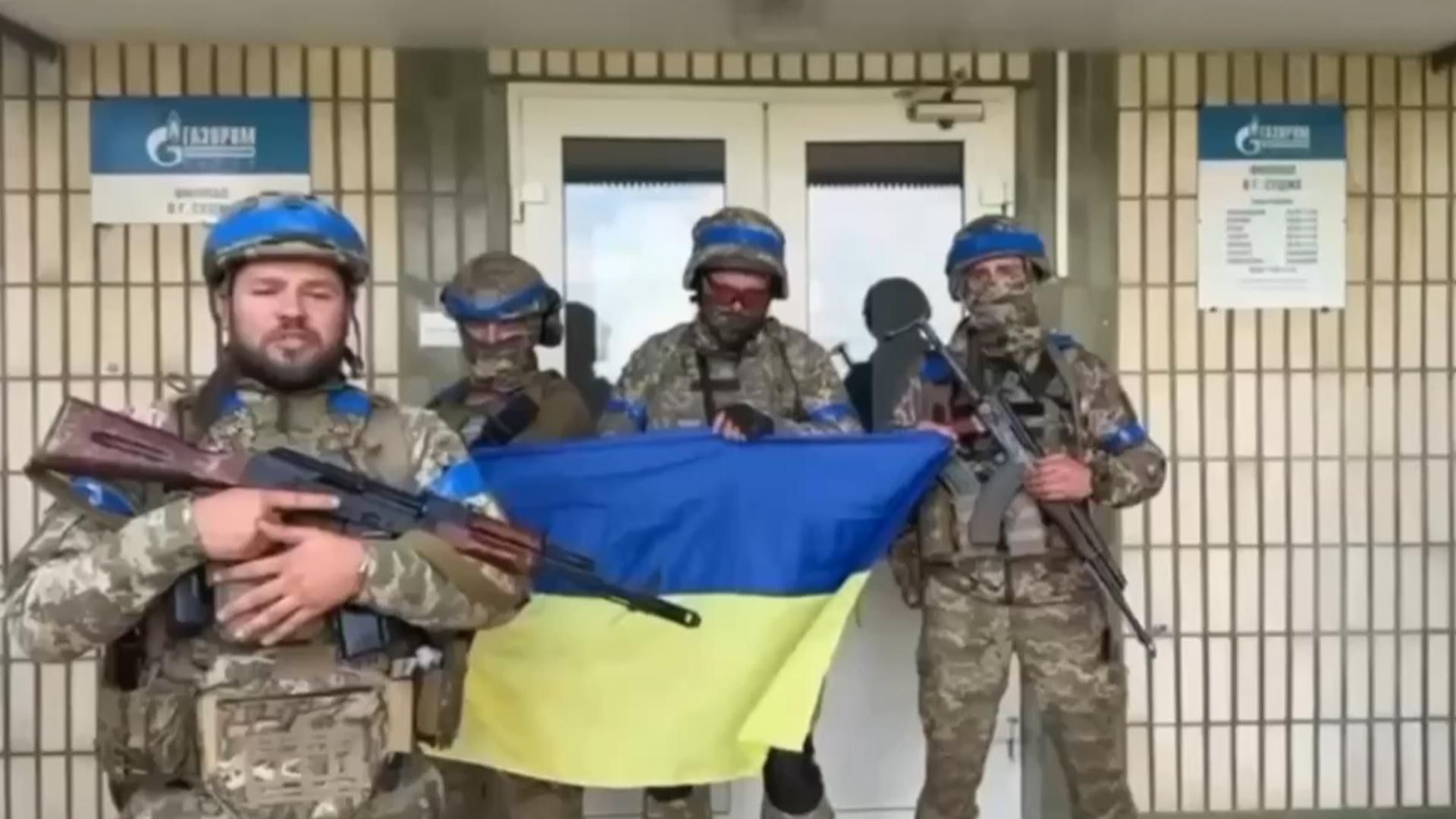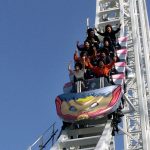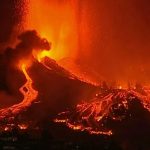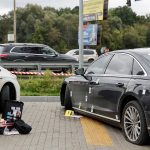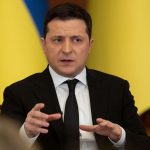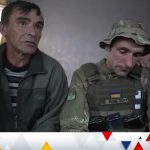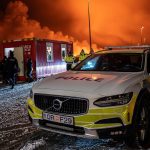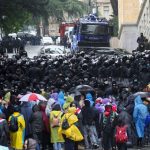The sight of Ukrainian forces raising their flag over Russian territory is a humiliation for Vladimir Putin, but Ukraine’s audacious incursion into Russia is a high-risk gamble.
The shock of seeing Ukrainian soldiers make any kind of gain inside his country – even though it is armed with nuclear weapons and is a global power – will likely prompt the Russian president to order a significant response to deter others from trying.
Ukrainian authorities on Friday said they were evacuating some 20,000 people from the Sumy region, which shares a border with the area in southwestern Russia that Ukraine has targeted – an indication that there is a fear Moscow will seek to retaliate.
Kyiv’s attack on the Kursk region, which began on Tuesday and likely involved thousands of troops, came almost two and a half years after Russian forces invaded Ukraine in the opposite direction.
The operation appears to have been carefully planned and meticulously executed in top secret, catching Russia and the world by surprise.
Please use Chrome browser for a more accessible video player
However, there are questions about what Ukraine aims to achieve longer term beyond shocking Moscow and demonstrating that its neighbour’s borders are no longer secure.
Analysts say the offensive could be designed to capture and hold territory to be used as a bargaining chip to secure the release of Ukrainian land occupied by Russian forces.
But such a move would require a huge commitment of Ukrainian troops over time to counter Russian efforts to push them back and it is not clear if Kyiv has the manpower.
Another possibility is that Ukraine hopes to draw Russian forces away from frontline positions in eastern and southern Ukraine to shore up their own defences – though this might not be necessary given the number of reserves inside Russia that are still able to be deployed.
A third theory is that Ukraine might be seeking to capture a nuclear plant in Kursk to be used as leverage to force Russian troops to withdraw from a major nuclear power facility in the Zaporizhzhia region of Ukraine, captured in the early days of the war – but again this would be a huge undertaking, requiring significant Ukrainian reinforcements.
Whatever the goal, the mission is not without significant risk.
Two sources voiced concern the assault – while “tactically smart” – could galvanise anti-Ukrainian sentiment among the Russian public and make it easier for Moscow to further mobilise its people to fight back even harder.
There is also the impact on Ukraine’s already overstretched forces of extending the frontline into Russia, with troops still required to hold the line against invading Russian soldiers in the northeast, east and south of their own country as well.
Yet – in what was surely a major morale boost at the very least for Ukraine – the incursion appeared to catch the Kremlin completely off guard in a major security failing.
Mr Putin was forced to send in reinforcements to the Kursk region on Friday in an indication that the situation remains far from under control, despite assurances from his military chief two days earlier that the Ukrainian assault had been stopped.
Ukraine’s government has yet to comment directly on the offensive – a tight hold on information has been another element in the planning of the mission.
However, Ukrainian troops in a video shared widely on social media claimed they had taken control of the border town of Sudzha.
Read more:
All calm on Russia’s front pages
Prof Michael Clarke analyses Ukraine’s attack
A soldier who identified himself as being from the 61st Separate Mechanized Stephova Brigade said the town was “quiet”.
Standing before a Ukrainian flag, he also said his troops had seized the local offices of Russia’s state-owned energy company Gazprom.
It was not possible to verify the claims but clashes have been reported around the outskirts of the small town of some 6,000 people, which lies just a few miles from the border.
Keep up with all the latest news from the UK and around the world by following Sky News
With much uncertainty about what happens next, three things are clear.
The cross-border attack by Ukraine is the biggest of its kind of the war and poses one of the gravest challenges yet to Mr Putin, who has consistently told his people that his “special military operation” in Ukraine is going to plan.
It also demonstrates that militaries can still surprise an opponent in an era when the ubiquitous use of drones and satellites make secret movements on the battlefield much harder to execute without being spotted.
